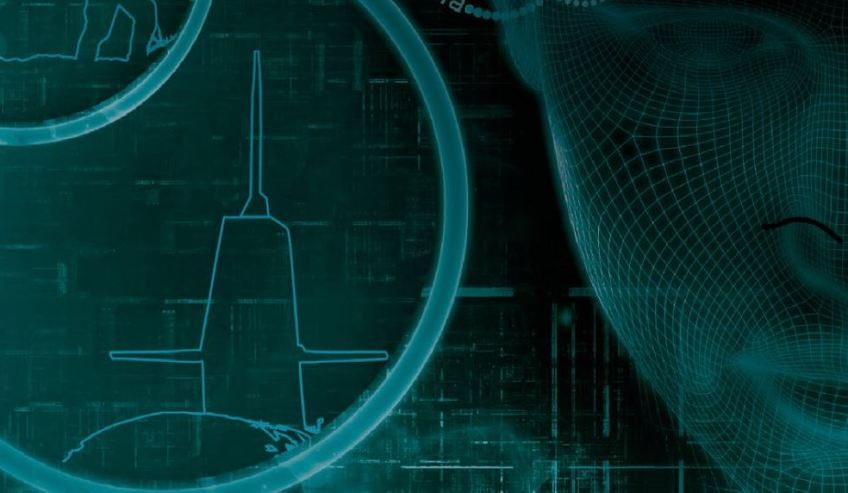The Department of Defence has revealed where its first Cooperative Research Centre (CRC) for trusted autonomous systems will be located, as well as its inaugural participating members.
Defence Industry Minister Christopher Pyne has confirmed the $50 million CRC, being set up under the Next Generation Technologies Fund, will be located in Queensland.
"This announcement is great for the state of Queensland, and clearly proves that our biggest build-up of defence capability in our country’s history is truly a national endeavour," Minister Pyne said.
The centre will focus on how drones, robotics and artificial intelligence can play a key role in Australia's future military.
Defence primes Thales Australia, BAE Systems Australia, Lockheed Martin Australia and Defence Science and Technology Group are among the key participating members, along with universities and research agencies. Boeing Australia and Data61 are also undergoing discussions for their future in the CRC.
The establishment of Defence's first CRC was lead by chair Jim McDowell with a panel of experts that included former Australian chief scientist Ian Chubb, Professor Hugh Durrant-Whyte, the UK Defence Ministry’s Chief Science Adviser Air Vice Marshall (Ret'd) Neil Hart, and former CEO of GD Defence Australia Paul Merrow.
"The Defence CRC establishment is based on a sound formation plan developed by chair Mr Jim McDowell, in collaboration with a panel of independent experienced experts from industry, academia, Defence and the UK Defence Science and Technology Laboratory," Minister Pyne said.
"I thank the panel for their expert advice in shaping the Defence CRC, which will play a vital role in giving Defence a game-changing capability."
Chairman of the Defence Cooperative Research Centre Jim McDowell said Defence's first CRC is already off to a good start.
"This has been a good start to rapidly form a Defence CRC with a totally novel formation process and to do it on schedule," McDowell said.
"Our focus as we move forward will be industry-led projects with real translation opportunities to move technology rapidly from universities into industry and ultimately into leading edge capability for the Australian Defence Force."
The centre's $50 million funding will be spaced out over seven years.
Defence will establish more CRCs in the coming future.
Defence CRC for trusted autonomous systems project leads and partners:
Maritime domain – littoral operations
|
Lead |
Thales Australia |
|
Partners |
Mission Systems (SME), Flinders University |
|
Other participants |
Austal – Biotech Engineering (SME), Ineni Realtime (SME), Fugro LADS Corporation Ocius (SME) – University of New South Wales University of Sydney Queensland Institute of Technology DST Group |
Land domain – networked autonomy
|
Lead |
BAE Systems Australia |
|
Partners |
DST Group, University of Melbourne |
|
Other participants |
DefendTex – Royal Melbourne Institute of Technology, Flinders University, University of Melbourne, University of Adelaide, DST Group Tectonica – Rheinmetall Defence, University of Melbourne, DST Group Marathon Targets (SME) – University of Sydney Simbiant (SME) – My Sky Technologies (SME), DST Group Queensland Institute of Technology Deakin University University of Technology Sydney University of Melbourne DST Group |
Air-space domain – persistent autonomy
|
Lead |
Lockheed Martin Australia |
|
Partners |
Biarri (SME), Consilium (SME), DST Group, University of Melbourne, University of Adelaide |
|
Other participants |
Consunet (SME) KJR (SME) – Griffith University University of Adelaide University of Melbourne Australian National University DST Group |
Potential project partners and CRC members
Industry: Saab, Boeing, Insitu Pacific, Northrup Grumman, Acacia, AOS Group.
Universities: University of South Australia, University of Queensland, Flinders University, University of New South Wales.



